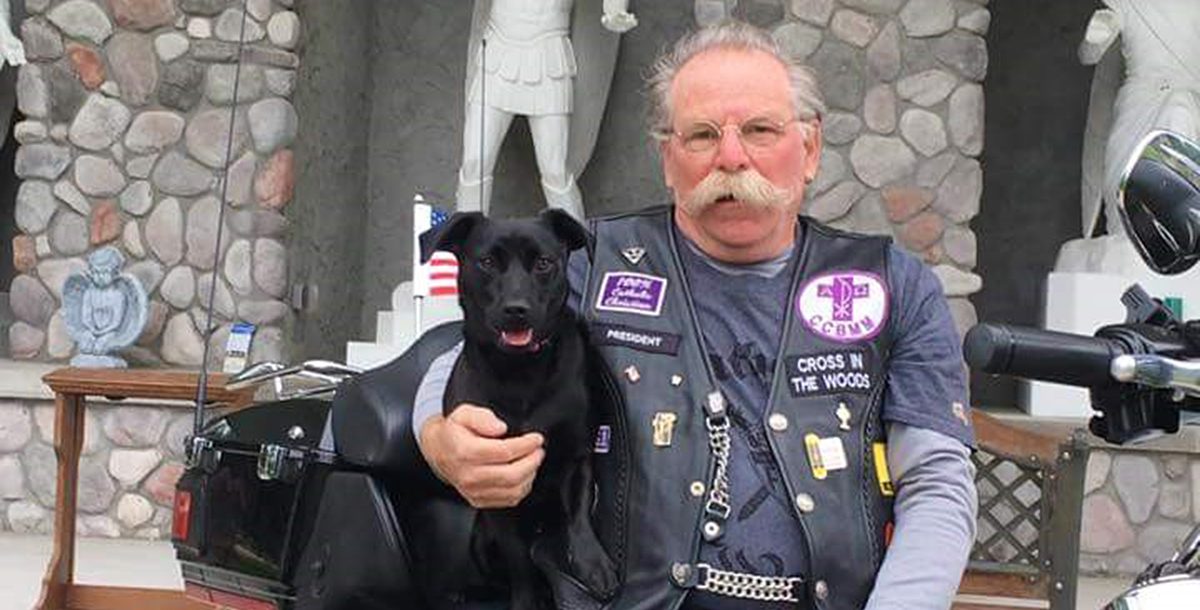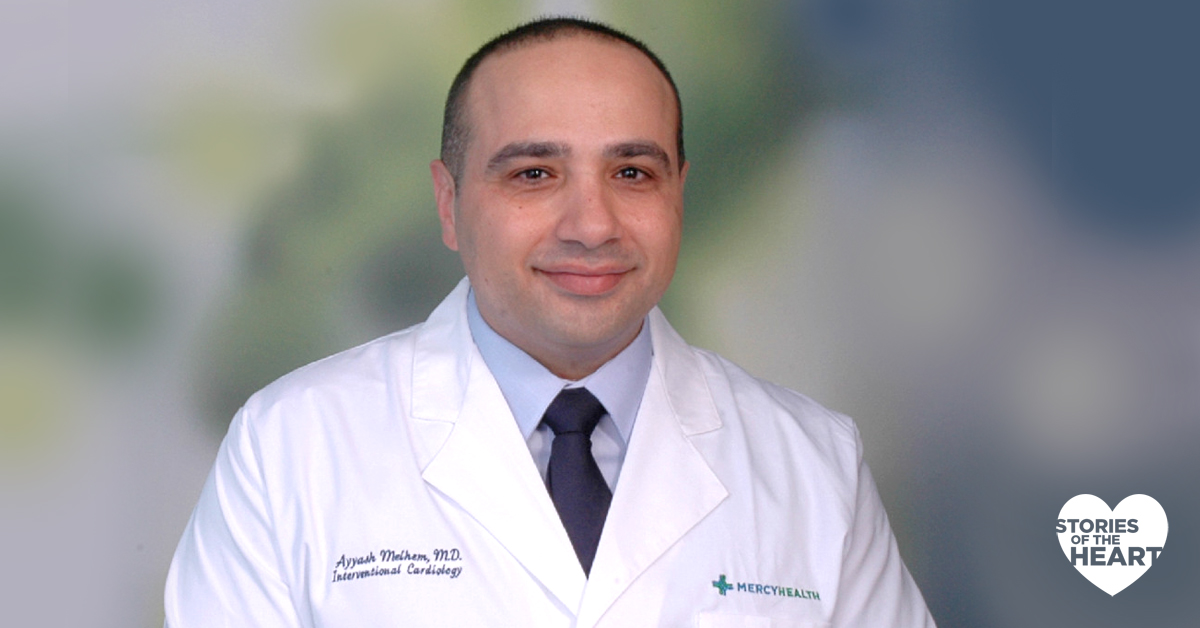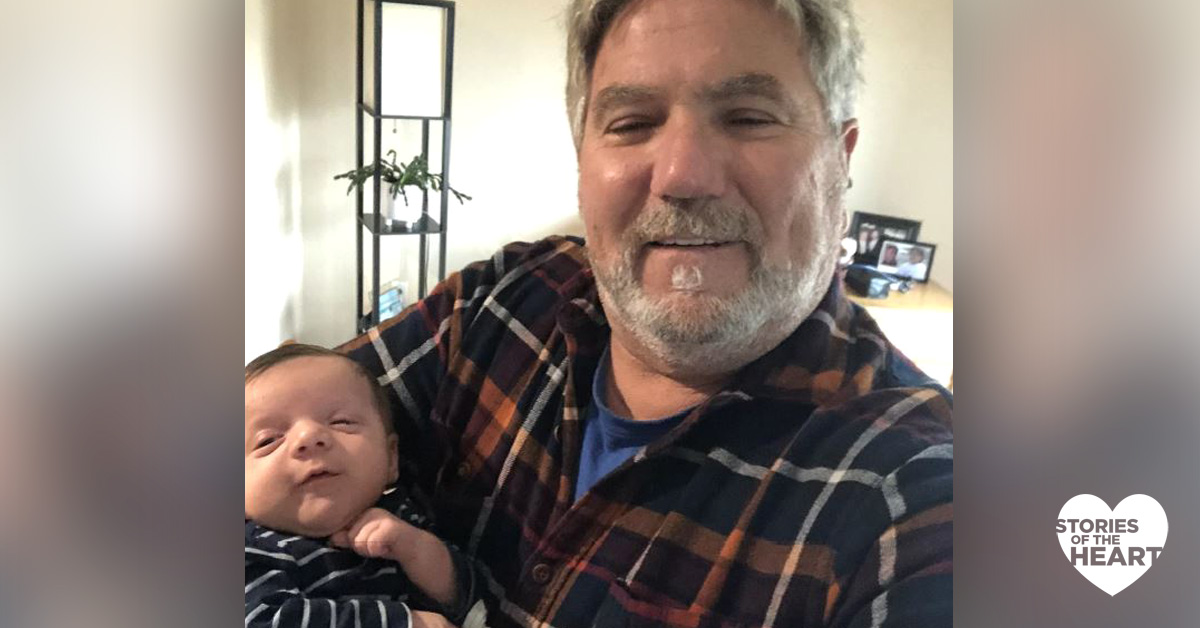Gregory Dobbertien, 69 (pictured above), misses the time he used to spend cross-country skiing during the winter months. For Theresa Vierling, 65, it’s gardening in her yard when the weather is warm that she longs for.
Both Gregory and Theresa have long suffered from heart failure, the result of heart attacks years ago. And although they have both had undergone several treatments to help them live with their damaged hearts, they each have experienced excessive fatigue. This has meant not living their lives to the fullest.
However, that started changing when each got a call asking them to participate in a new treatment for heart failure patients that involved an innovative minimally invasive therapy.
“All of a sudden, I got this magic packet in the mail,” Theresa shares, noting she was invited by her cardiology team to participate in CCM™ therapy. “I now don’t feel as much pressure in my chest and breathing is now for me is much easier.”
Mercy Health – St. Vincent Medical Center was among the first hospitals in northwest Ohio to use CCM™ therapy, delivered by the Optimizer® system, to treat patients suffering from heart failure. CCM™ therapy, also known as cardiac contractility modulation, is a new, FDA-approved heart failure treatment that has been proven to improve quality of life. It is specifically for patients who are no longer adequately responding to medications that manage symptoms or slow the progression of heart failure. The therapy is intended to improve the contraction of the heart, allowing more oxygen-rich blood to reach the body.
So, how exactly does it work? CCM™ therapy delivers precisely timed electrical pulses to the heart that are intended to improve the heart’s ability to contract. The therapy can be used in conjunction with medications and other heart failure therapies.
Amer Kabour, MD, of Toledo Cardiology Consultants, performed the procedures for both Gregory and Theresa as well as others.
“Before the surgery, I would bring in a load of firewood and would have to sit down and take a break for about a half hour or hour before I could go out and get another one,” Gregory shares. “Today, I brought three loads of wood in. I didn’t take a break until I was done. I was a little winded, but overall good.”
It’s these small steps that patients experience within days of the device being implanted. Theresa adds that she used to not be able to make it through a grocery store without being too winded to continue. Prior to her CCM™ procedure, she would bring her son with her so to ensure she made it through.
“I can go through the grocery store with a cart and really make it through and not feel like I’m totally going to collapse,” she says.
Living with a heart condition for so many years has very much impacted Gregory and Theresa as well as many like them. They both shared that the worst part about living with a failing heart is the lack of energy that keeps them from doing what they love.
With a renewed sense of vigor, both are looking forward to the weeks and months ahead. For Gregory, that will likely involve motorcycle trips and maybe a little mountain biking.
“I love to swim. I love to camp. My friends do a lot of mountain biking up in [Michigan’s] Upper Peninsula. I would love to go up there with them and hopefully be able to ride with them,” he shares.
This year, he added, he just might.
February is American Heart Month. Learn more about the cardiology services we offer at Mercy Health.






